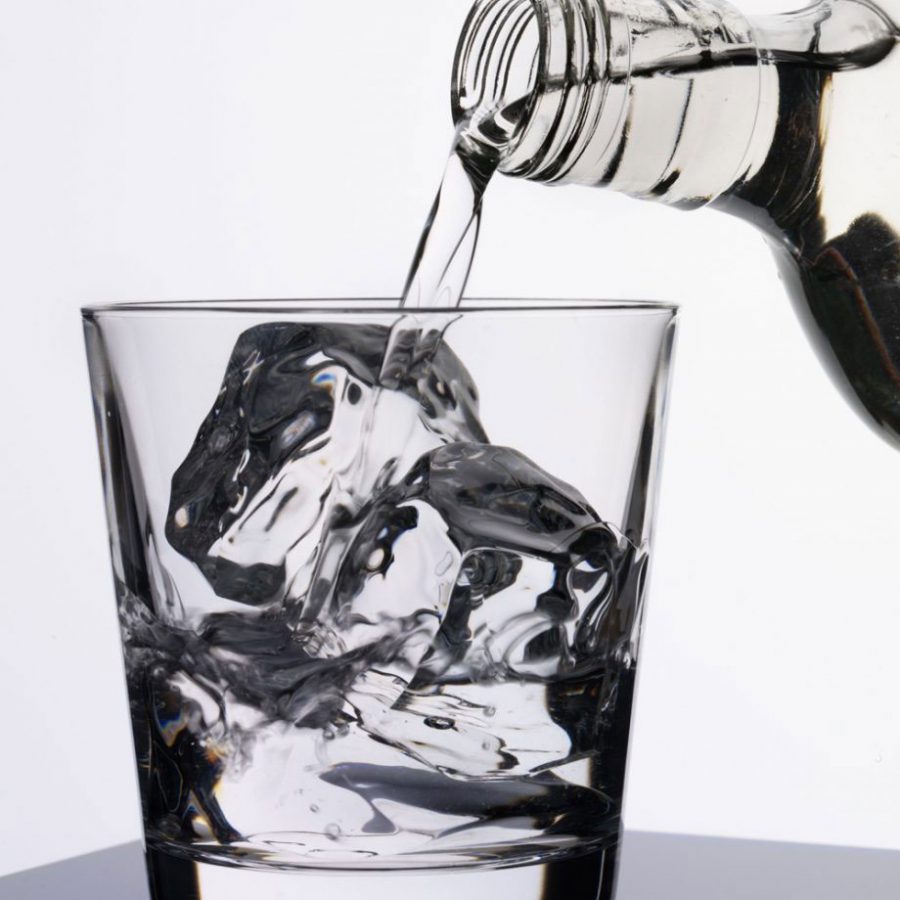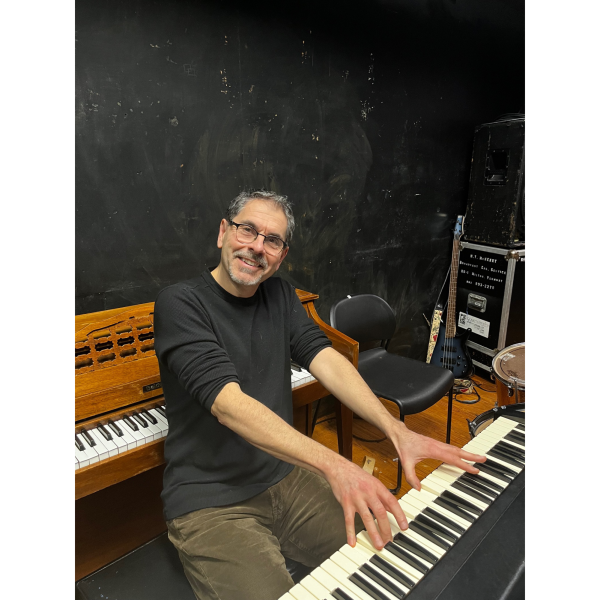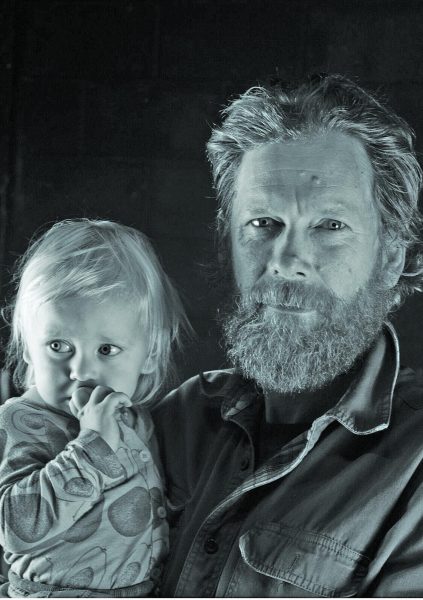Alcohol and sexual violence
If you look at the calendar for all of the events during Alcohol Awareness Week, you’ll see plenty of events focusing on the effects of alcohol, such as the beer goggle Mario Kart tournament, fact or crap, and a DUI simulator, but you’ll also see a couple of events focused more on the relationship between alcohol and sexual violence. These two events were the play “Equalogy” on Oct. 19 and, the next day in the Fireplace Lounge, three people from the women’s center distributing pamphlets and information during lunch time.
“Equalogy” detailed a realistic situation in which alcohol is used to manipulate and subdue a woman into having unwanted sex. It deals with subjects of what to do as a bystander and how alcohol is used by sexual predators, such as drinking competitions with sexual favors (or lack of) as the prize.
This is the first time this play has been performed on campus and it serves as a conversation-starter about this serious subject. It also happened to be a Creative Audience event, and the Creative Audience cards received afterwards contained positive feedback from students who thought this was a good way to create a necessary conversation.
Other students were disturbed. Kailyn McGregor, a music education major, was one of these students. “It was super intense,” she said. “If I had known they were going to reenact the rape, and that it really was about rape, I wouldn’t have gone, because it was just too real.”
Colleen Twomey, Jessie Warren and Saudia LaMont did the pamphleting the next day, beside a display with disconcerting facts. For example, 57 percent of undergrad survivors were under the influence of alcohol or drugs when they are assaulted, 74 percent of perpetrators had been drinking alcohol before assaulting someone, and 48 percent of men aged 18 to 25 believed that sex with women too drunk to know what was going on is not rape.
When asked why this was a necessary discussion during Alcohol Awareness Week, Warren, who works in crisis intervention, offered what she called “the sad truth.” Alcohol and sexual violence are connected.
Twomey, an advocator, said, “Alcohol doesn’t cause rape, but it is used as a weapon.” She added that alcohol is part of a tactic of power and control that is emphasized on college campuses, where so many students drink, and that people need to be aware that it is not acceptable to use alcohol in this way. Often times alcohol is enough, she said, and roofies are not needed to subdue women.
LaMont, who works to heal and help survivors, commented further, “When under the influence, you are not able to give consent.” This is what those 48 percent of men aged 18 to 25 need to understand.
Alcohol is not only used as a method of subjugation, it is also used for victim-blaming. One needs only to think of the controversy of Brock Turner’s case to realize this, and he is one of many examples of the rape culture on campuses and in the media.
What students at Johnson State need to ask themselves is how they, as bystanders, can intervene; how they, as human beings, can support survivors and help prevent sexual violence on campus; and how they can stand up and change rape culture, here on our own campus, and elsewhere in the world.










